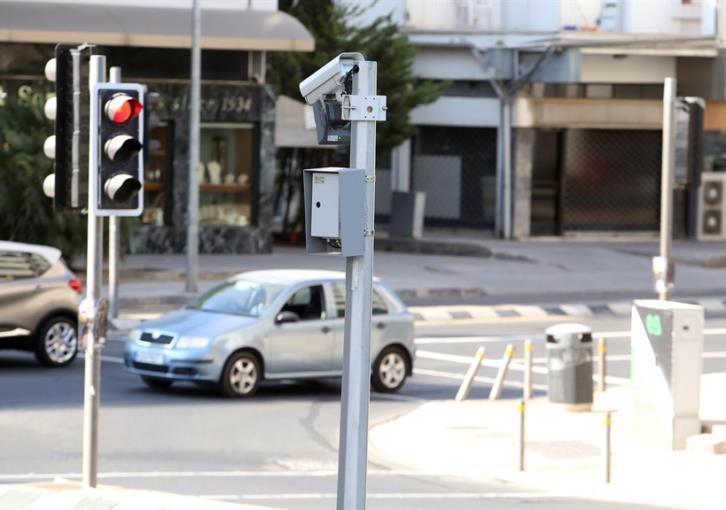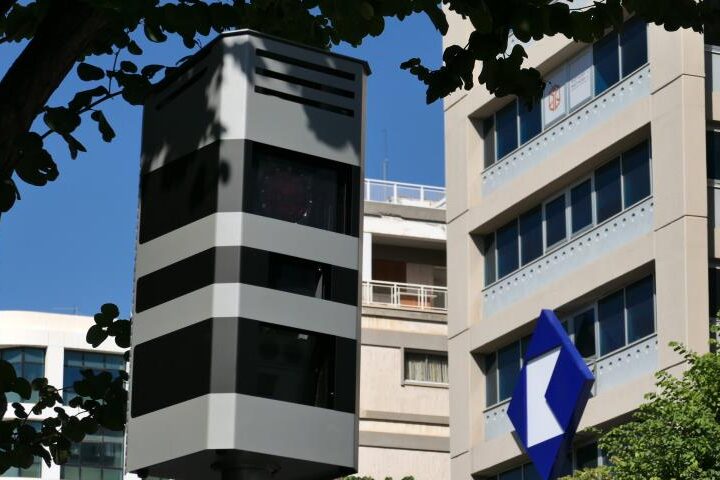Offending motorists will be notified by mobile phone text to pay their fine once the House amends the Traffic Camera law demanded by the police.
The police have pressured authorities to amend the law on delivering notifications for traffic violations, as the current practice of sending registered post is not paying off.
Registered letters to offenders to pick up their fine sent out by the police are easily identifiable, with many opting to ignore the notification.
In such cases, a court bailiff is tasked with locating the offender.
If they cannot find them, the matter returns to the police.
The issue will be tabled before the House once MPs return following the break for the presidential elections this month.
In the meantime, the authorities are going ahead with the next phase of the traffic camera network, adding more fixed cameras at six busy junctions in Nicosia and Limassol.
Authorities have already set up more fixed cameras at four junctions in Nicosia to add to the four already in place at the busy junction of Griva Digheni and Demosthenis Severis Avenues.
Cameras have been installed at the busy junction on Strovolos Avenue, near the old Pepsi-Cola factory.
Speed cameras are also placed at the junction of Makarios and Digheni Akrita Avenues.
In Limassol, cameras will be installed at the junction of Archbishop Makarios with Nikos Pattichis avenues and the junction of Agia Fylaxeos-Gladstonos Avenues.
Authorities are just days away from operating cameras at the busy Limassol Avenue in Nicosia at its junction with Armenia Avenue and the junction of Griva Digheni and Prodromou Avenue.
The public will be informed a few days before the cameras go live, with a grace period given before fines are sent out for offences recorded by the new additions to the traffic camera network.
Once the €34 mln system is fully operational, there will be 90 fixed units in 30 locations and 20 mobile cameras.
Traffic cameras were first introduced 14 years ago, but technical and legal issues over the ownership of the platform and collection of fines forced the government to switch them off.
Cyprus has adopted the European target of a 50% reduction in road fatalities and serious injuries by 2030.










